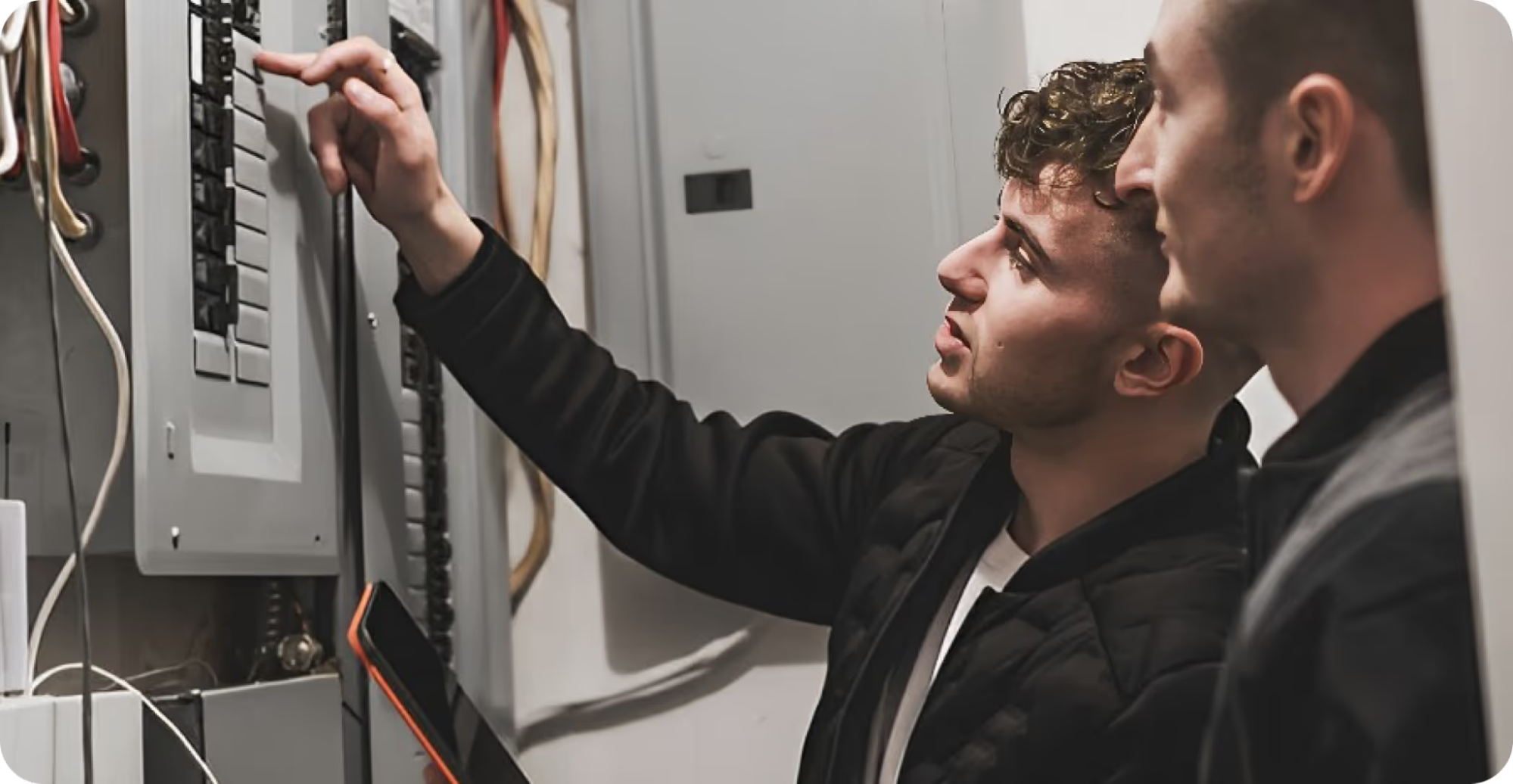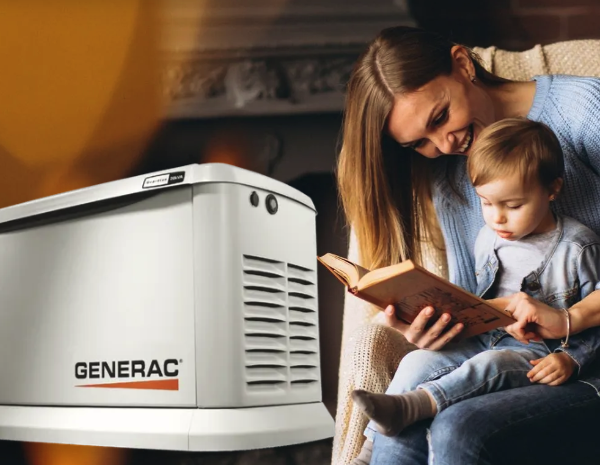NOUS INSTALLONS NOS GÉNÉRATRICES EN TOUT TEMPS. HIVER, ÉTÉ, AUTOMNE ET PRINTEMPS. BEAU TEMPS, MAUVAIS TEMPS.
Aucun paiement ni intérêt jusqu'en 2026 lorsque vous faites financer votre génératrice!
Certaines conditions s'appliquent*

450-231-5692

When hurricane season arrives in Florida, the question isn't if you'll experience a power outage—it's when. Choosing the right generator for your home is one of the most important decisions you can make to protect your family's comfort and safety during severe weather events.
The first step in selecting a generator is calculating your home's essential power needs. Walk through your home and identify which systems and appliances you absolutely need during an outage:
A professional electrician can perform a load calculation to determine the exact wattage requirements for your home. This ensures you don't undersize your generator and risk equipment damage, or oversize it and waste money on unnecessary capacity.
Florida homeowners typically choose between two main generator types. Portable generators offer flexibility and lower upfront costs, but they require manual setup during storms, need frequent refueling, and must be operated outdoors at safe distances from your home to prevent carbon monoxide poisoning. They also require running extension cords throughout your house to power essential appliances.
Standby generators, on the other hand, are permanently installed outside your home and automatically activate within seconds of detecting a power loss. They connect directly to your natural gas line or propane tank, eliminating the need to store and handle gasoline. For Florida residents who may evacuate during hurricanes, standby generators provide peace of mind that your home remains protected even when you're away.

Your generator's fuel source significantly impacts its convenience and operating costs:
In Florida's coastal environment, consider how different fuel types perform in high humidity and salt air conditions. Professional installers familiar with Florida's climate can recommend fuel systems that withstand the unique challenges of the Sunshine State, including corrosion resistance and moisture protection.
While it might be tempting to save money with DIY installation, generators involve complex electrical work and strict safety codes. Improper installation can lead to dangerous backfeeding that threatens utility workers repairing power lines, carbon monoxide buildup that endangers your family, or electrical fires that damage your home. Licensed electricians ensure your generator complies with Florida building codes, obtain necessary permits, install proper transfer switches, and position units at safe distances from windows and air intakes. Professional installation also protects your manufacturer's warranty, which often requires certified setup to remain valid.

Florida's humid climate and frequent severe weather make regular generator maintenance essential:
Annual maintenance contracts provide scheduled servicing and priority emergency response during peak hurricane season. A well-maintained generator can last 20-30 years, while neglected units often fail exactly when you need them most—during the storm.
Selecting the right generator involves balancing power requirements, budget considerations, and long-term reliability. Consider your home's size, your family's essential needs, and how long you typically experience outages in your area. With Florida's increasing frequency of severe weather events, investing in proper backup power isn't just convenient—it's essential for protecting your home and family.

Ready to ensure your home stays powered during the next storm? Contact ERCO Residential for a professional assessment of your generator needs. Our licensed electricians will help you choose, install, and maintain the perfect backup power solution for your Florida home.